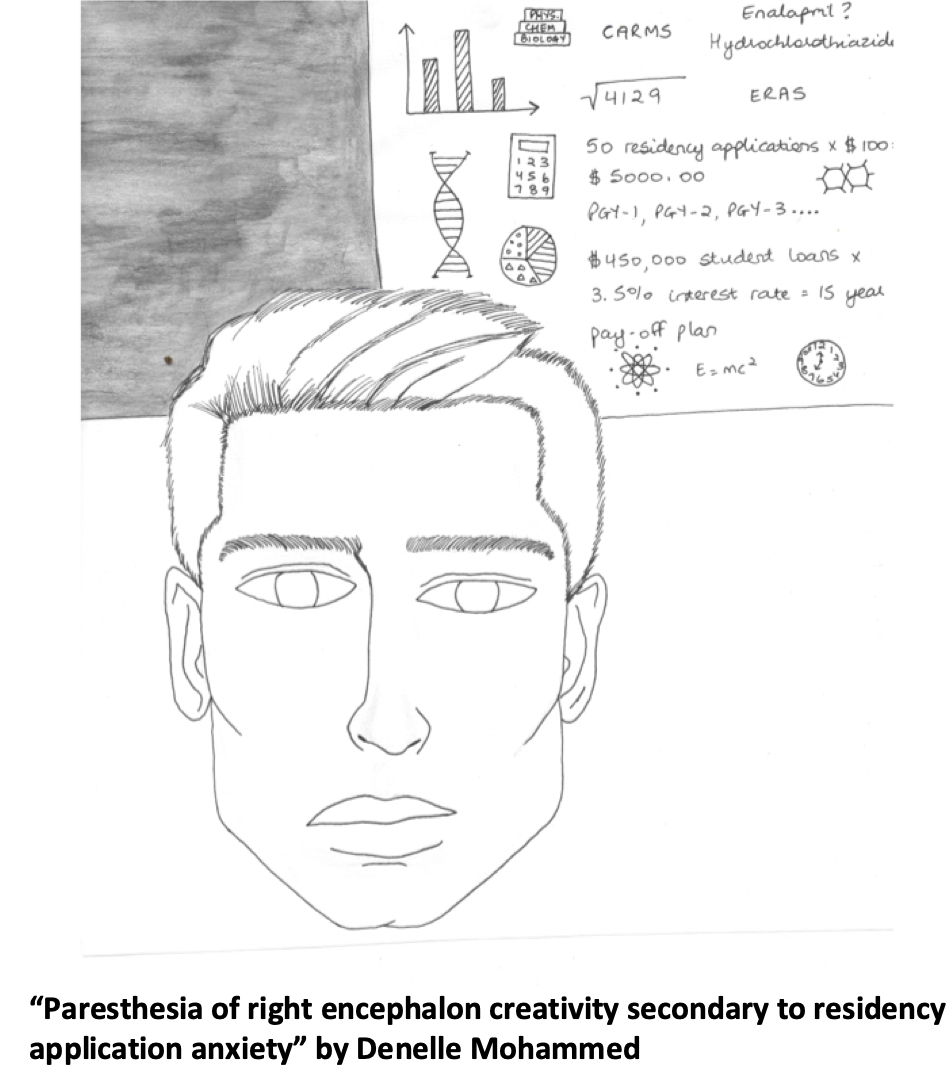Post-CaRMS match survey for fourth year medical students
DOI:
https://doi.org/10.36834/cmej.69330Abstract
Background: We aimed to analyze which medical school experiences contribute to success in an increasingly competitive CaRMS match.
Methods: We surveyed all matched University of Saskatchewan 2019 medical graduates on characteristics of their applications: number of program applications, interviews obtained, experiences (research, volunteer, leadership), awards and money spent on the residency match process, and qualitative reflections on the process. Using published CaRMS statistics based on number of positions versus applicants, specialties were divided into high availability/low demand (HA) (e.g. family and internal medicine) and low availability/high demand (LA) (e.g. dermatology and emergency medicine). Quantitative results were analyzed using descriptive statistics, chi-square and t-tests, and qualitative results thematically.
Results: Data from 27 of 94 matched students were included. LA applicants were more likely to report at least one research project on their CV (66.67% among LA vs. 15.38% among HA, n = 27, χ2 = 8.640, p = 0.013), with a greater number of research presentations (mean=3.75 presentations vs. 2.07, t (25) = -2.251, p = 0.033). LA applicants had more elective weeks outside Saskatchewan (mean 11.75 weeks vs. 7.40 weeks, t (25) = -2.532, p = 0.018). Other application variables were not different between groups. Some students endorsed broader electives strategies, others (especially in surgical disciplines) supported narrower ones. Students reported travel, financial burden, document submission, and uncertainty as the greatest match process stressors.
Conclusions: LA applicants cited more research projects and presentations, spent more elective weeks outside Saskatchewan, but were otherwise similar to HA applicants. Further studies should be done on student factors in the residency match process.
Downloads
Downloads
Published
How to Cite
Issue
Section
License
Submission of an original manuscript to the Canadian Medical Education Journal will be taken to mean that it represents original work not previously published, that it is not being considered elsewhere for publication. If accepted for publication, it will be published online and it will not be published elsewhere in the same form, for commercial purposes, in any language, without the consent of the publisher.
Authors who publish in the Canadian Medical Education Journal agree to release their articles under the Creative Commons Attribution-Noncommercial-No Derivative Works 4.0 Canada Licence. This licence allows anyone to copy and distribute the article for non-commercial purposes provided that appropriate attribution is given. For details of the rights an author grants users of their work, please see the licence summary and the full licence.











